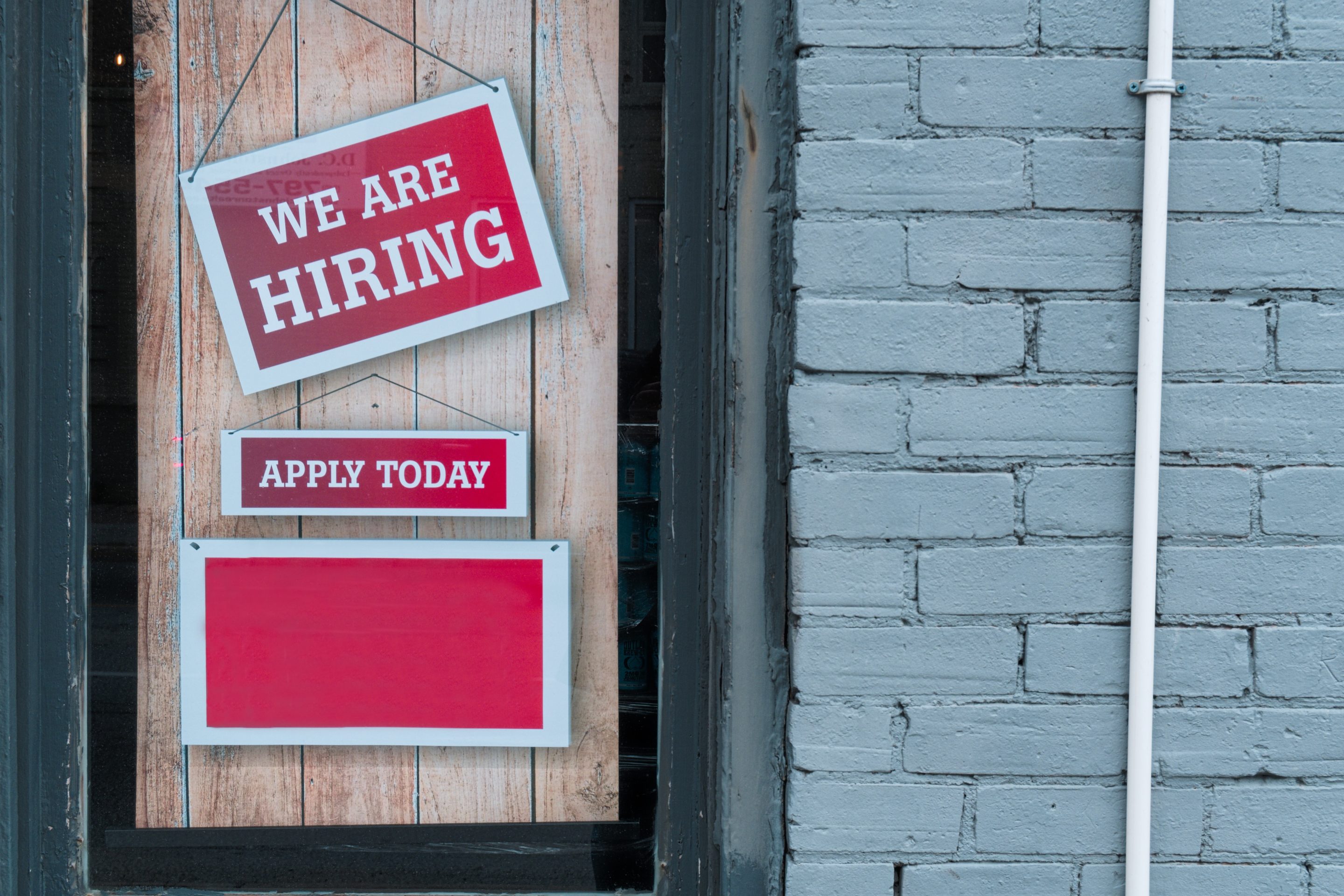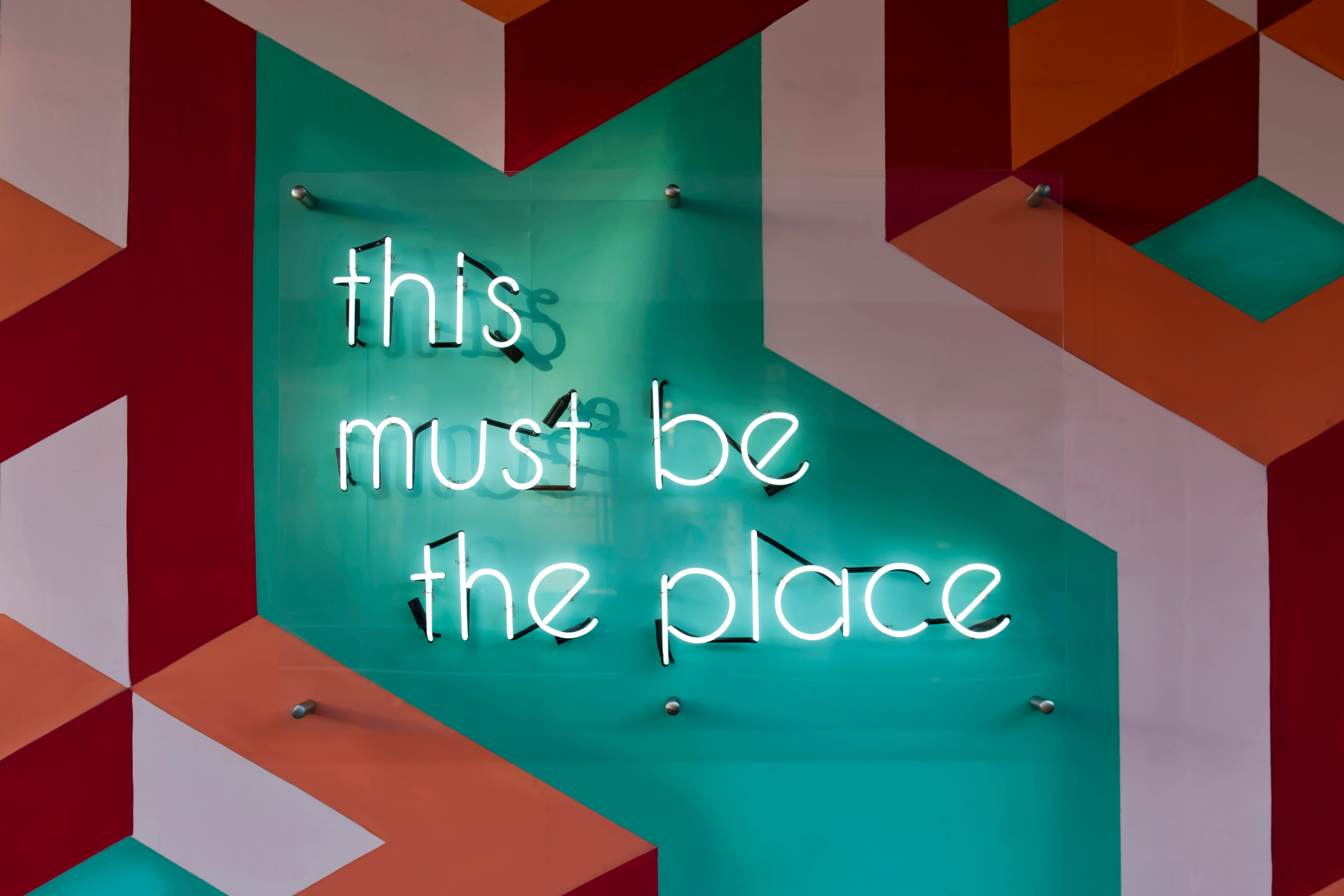How To Hire Top Performing SDRs

Sales Development Reps hold one of the most important jobs in the sales process, and yet, many organizations struggle with hiring and retaining them, especially top performing ones. Poor hiring processes play a big role in the inability to hire timely or correctly.
As a company that specializes in sales development and is constantly hiring top-notch SDRs for our outsourced SDR pods service, we’d love to show you our hiring process so you have the right tools at the tip of your hands to start hiring for success.
THE WHO METHOD
We follow the WHO Method for hiring team members, which consists of:
- Screening Interview
- WHO Interview
- Focus Interviews 1 – 3
- Culture Fit Interview
For each of the interviews, we’ll use the STAR method to dig deeper.
Situation – have them paint a picture of the opportunity/challenge they were facing.
Task – try to understand what their role was.
Action – get them to walk you through how they approached the task.
Result – what was the outcome?
These are really helpful loops you can employ when a candidate mentions something that you want them to expand on. For example, if they’re talking about how they are really creative, you can ask them: “tell me about a time when you used your creativity in a work setting…” and then follow the STAR method.
Remember to use labels (“that sounds intense”), paraphrasing, and effective pauses in order to get more substantial answers.
OUR TARGET PROFILE TO FIND TOP PERFORMING SDRs
Being an SDR is a challenging role that requires candidates to be optimistic, focused, and driven to continue to keep picking up the phone and sending emails. They face a lot of rejection, and it’s not a role for everyone. Our ideal candidates are:
- College graduates with a few years of work experience.
- Have a history of performance, ideally in a sales role. They have hit or exceeded their quotas. Not everyone will have the outbound experience, but some level of customer facing service/sales.
- Drive: Have a desire to hit their targets and are willing to work hard to make it happen.
- Adaptable: Able to think for themselves and provide input to the strategies we are going to employ. They are the ones talking to potential clients every day and their input is valuable.
- Optimistic: Know that the next call could be a booked meeting.

OUR VALUES
Before starting the interview process, you must have a clear understanding of your own values, if you want to find SDRs that will actually fit into them. To provide you a better picture of what that should look like, these are our values:
Rev Team Values
Hit your number. We value consistent performance. We set realistic goals and expect our team to do everything in their power to meet them. If we set an on-target earnings (OTE) goal, that’s what we expect you to make.
Work as a team. Our whole revenue team contributes to bringing in customers and closing deals. There are no superheroes, big egos or lone wolves here.
Have fun. Just kidding…
Current Company Core Values
Exceed customer expectations. We believe in taking care of our customers. We wouldn’t exist without them so we endeavour to communicate expectations at every touchpoint and ensure they are satisfied with a certain level of customer service.
Own your growth. We want to grow and evolve. We want our customers to grow and evolve. We want you to grow and evolve. We want you to help those around you grow and evolve.
Take care of each other. The company takes care of us, we take care of our customers, and our customers take care of the company.
Live a balanced life. We know that when we take care of ourselves we are happier and happier employees are more productive. It’s a win-win situation to create a culture where work-life balance is at the forefront.
Historical Company Values
We’ve adapted our company values over the years but here are a few others that we’ve tried on for size and are still really important to us.
Act entrepreneurially. We take initiative to solve our own problems and those of our customers. We don’t wait to be told what to do, we figure it out for ourselves.
Stay curious. We dig into the obstacles between us and our goals and we seek to truly understand them. We encourage you to measure what you think matters and share it.
Act like a scientist (follow the scientific method). We test our ideas and assumptions, separate fact from opinion, and share the metrics that drive our business. We aren’t afraid of being wrong, and we learn as much as we can from our mistakes. For example, the time I failed at being a musician, failed at starting a company, or failed at selling the Carb software… I sure hope I’ve learned something.
SCREENING INTERVIEW
This is a 30-minute interview where we are trying to assess if the candidate has the skills they’ll need to be successful in the role, find any potential deal killers / red flags, and figure out if their career trajectory lines up with where the role we have will take them. We ask the same questions each time, they are:
1. First, explain that this is step one of 4-6 interviews and that there are no trick questions here. We ask everyone the same questions.
2. “What are you really good at?”People often need prompting, make sure you get them to share 7-10 things here.
3. “What are you not good at or not interested in doing?”People often need prompting, make sure you get them to share 7-10 things here
I usually ask “what are you not good at?” first and then when they run out of answers, I’ll ask “what are you not interested in doing in a job?” This usually helps get the numbers you need. If they still don’t get to 7, try mentioning: “we believe everyone has strengths and weaknesses, it’s not a bad thing, we’re just trying to make sure that what you’re good at and what you don’t want to do align with what we’re going to ask you to do in the role.”
4. “Who were your last 5 bosses?”
a. Get their first and last names
b.“What was it like working for them?”
c.“When we talk to them, what will they rate your performance on a scale of one to ten?”
i. Always make sure you say, “when we call them.”
ii. Also make sure to add that “as part of this process, we’ll get you to make introductions to each of them and we won’t talk to anyone without you knowing first.”
5. “What are your career goals?” Does their plan line up for where the job they’re applying for will take them?
6. “What are your salary expectations?” Make sure you’re within the ballpark salary-wise.
WHO INTERVIEW
The WHO interview is the meat of the interview process. It’s where we get to drill into their past work experience and learn about what they really accomplished. According to the book, the simplest and most effective way to interview someone is by asking them questions about their past. During each interview, we’ll ask the same five questions for each job:
- What were they hired to do?
- What did they accomplish?
- What were the mistakes they made?
- Who they worked with and what they’d say about them?
- Why did they leave?
Video from Dr. Geoff Smart explaining the Who Interview process (1 minute).
Tool – here’s the template from Dr. Smart that we use for running WHO interviews and here’s an example of a completed WHO template from the same source.
FOCUS INTERVIEWS
In addition to anything that we feel was missed in the WHO interview, the following are questions that we want to ask candidates in each of the focus interviews.
Here are some resources:
SDR traits we’re looking to test in these interviews are curiosity, ability to learn new things, grit, creativity, and their ability to perform under pressure (roleplay).
SDR Focus Interview #1 – Culture Fit
Create a clear picture of what your core values are, and ask the candidate to tell you stories
For example, “can you tell me about a time when your team had to take care of each other?” Then use labels (“that sounds challenging”) and paraphrasing (“you didn’t have a manager?”) to get them to dig deeper. You don’t have to dive deep on each one, pick the ones that the team is least confident about and focus on those.
SDR Focus Interview #2 – Performance
This is the mean one because it’s our chance to see them demonstrate their skills live. Expect people to be nervous.
If they have sales experience, have them try to sell to you on this interview, throw objections and have them handle them. Partway through, stop them and give them a piece of coaching (we like to do things -this way- at Predictable Revenue, can you try incorporating that into your pitch?) and then have them start again and try incorporating the feedback.
Everyone does worse the second time around. What we’re really looking for is how good they are at accepting the feedback and incorporating it into their pitch.
If they don’t have previous sales experience, is there something from their past that they can stand up and deliver? Example: A presentation they did in school, roleplay selling something at their last job (even if they weren’t in sales, even if they worked in a coffee shop), or a play they were in (we actually made Sarah, our Lead Coach, do this and she killed it). Look for things they’re passionate about and use this as an opportunity for them to show off those skills.
SDR Focus Interview #3 – Hustle, Creativity, & Fun
In this interview, we want to drill in on the candidate’s attitudes towards hustle and fun. Here are some questions for figuring out each one:
Hustle
- Tell me about how you paid for school?
- Did they work? Get a scholarship? Did Mommy and Daddy buck up?
- What was your first car?
- How’d you pay for it? Insurance? Gas?
- What was the toughest job you’ve ever had?
- What’s the last thing you learned?
- What were the last few books you read?
Creativity
- What electives did you take in school?
- Do you play any musical instruments?
- Can you write a haiku for me right now? (5/7/5 syllable count)
- What random thing are you really awesome at?
- If you were a superhero, what would be your superpower?
Fun
- What keeps you busy outside of work?
- Do you play any sports?
- Have you ever won an Olympic gold medal?
- What was the last concert you went to?

CULTURE FIT
The culture fit interview is the last step and is our chance to see how they are in and out of the work environment.
Back when we still had an office, we’d invite candidates in after-hours and have them teach us a game. We’d supply beers and food. The gatherings would usually take 2 hours, but some would go longer because they were so much fun!
Adapting to our new home-office situations, our Cultural Fit Interviews are now done on zoom. Same dynamic, we ask them to bring a game that we can play online, but it usually lasts about 30 – 60 minutes.
Whichever you apply in your company, ask yourself:
- Are they going to contribute to our culture?
- Do they align with our values?
- Do they align with our revenue values?
RATING SCALE
Once the interviews are through, the people responsible for the process must rate the candidates to make a final decision.
Rate the candidate on a scale of 1 – 5
5 = Hands down hire this person right now
4 = Yes
3 = I’m unsure
2 = I’m leaning away from hiring them
1 = Hard no
Dr. Smart Resources
Links to templates, examples, and videos here: https://geoffsmart.com/smarttools/
If you feel your business could use some guidance to grow faster with an optimized sales development team or you’d like to hire one of our SDR teams, we can help – Get in touch with our experts!
How can you carry on your duties as an entrepreneur to create and develop, if your business is also relying on you to bring in sales?
Considering the relationship, time, and effort a founder/entrepreneur can spend on sales vs. developing their products, building your own SaaS Sales Playbook comes in handy.